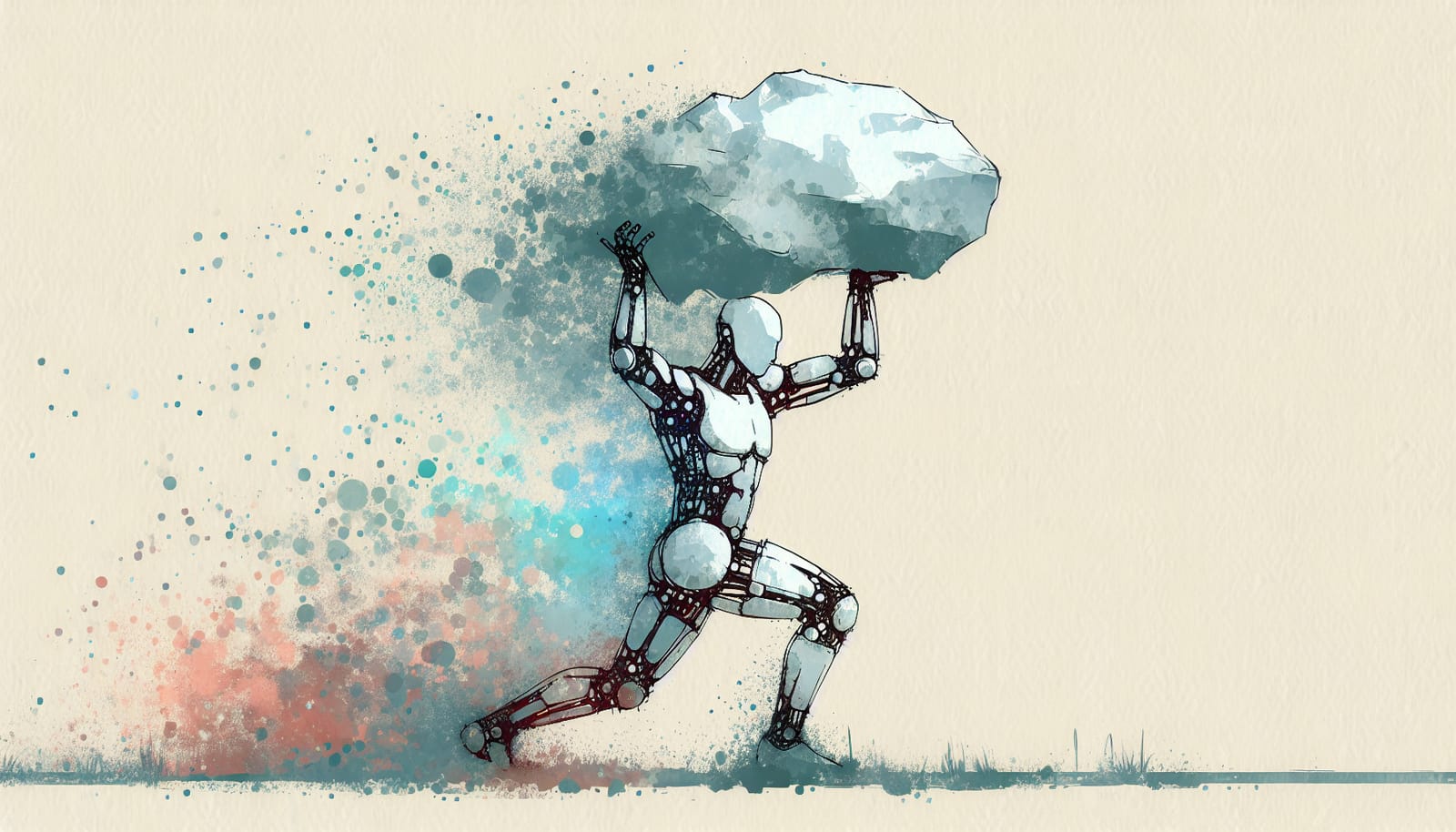Joyful news is emerging from Japan, where scientists are celebrating a remarkable breakthrough in the fight against plastic pollution! Their innovative creation, a seawater-degradable plastic, has sparked considerable interest from the packaging industry, offering hope for a cleaner future.
This groundbreaking plastic has the incredible ability to decompose into beneficial compounds for marine bacteria within just 2 to 3 hours, depending on its size and thickness. This advancement holds great promise for significantly reducing plastic waste in our environment, making a positive impact on our oceans.
Previous reports have shown that the amount of plastic waste in the ocean has been greatly overestimated, by as much as 3,000%. This means that the challenges we face are much more manageable than previously thought, opening the door for new solutions like this one.
Researchers at a lab in Wako city, near Tokyo, crafted this inventive material using two ionic monomers to create a salt bond, forming a polymer that is both strong and flexible, similar to conventional petroleum-based plastics. However, the beauty of this material lies in its vulnerability to salt; when immersed in ocean water, it dissolves quickly, making it a safe alternative for our environment.
The talented team from the RIKEN Center for Emergent Matter Science and the University of Tokyo, who developed this plastic, are excited about the interest they have received from the packaging industry. Although they currently have no specific plans for commercialization, the enthusiasm surrounding their invention is promising for future developments.
This new plastic is not only non-toxic and non-flammable, but it also does not emit CO2. Unlike traditional plastics that can leach harmful chemicals and microplastics into our bodies, this innovative material is safe and environmentally friendly. Furthermore, due to the presence of sodium in most soils, it will break down within weeks if buried, contributing to a healthier planet.
As Takuzo Aida, the leader of the research team, wisely stated, “Children cannot choose the planet they will live on. It is our duty as scientists to ensure that we leave them with the best possible environment.” This sentiment embodies the spirit of hope and responsibility that drives this incredible work.
Let’s share this uplifting news about a positive development in plastic innovation with friends who care about our planet!


